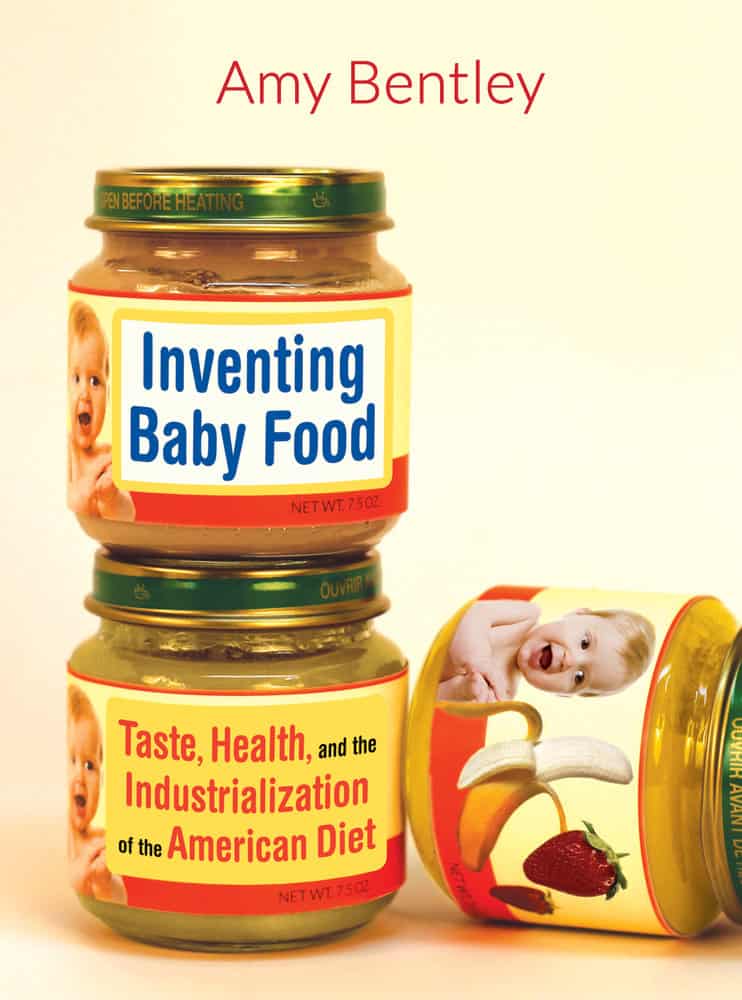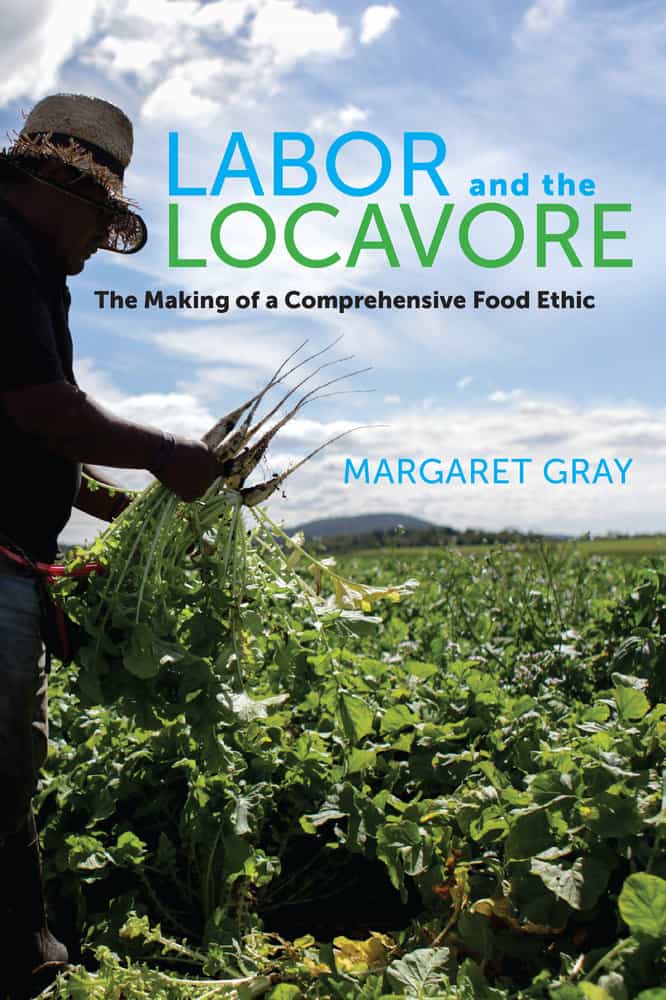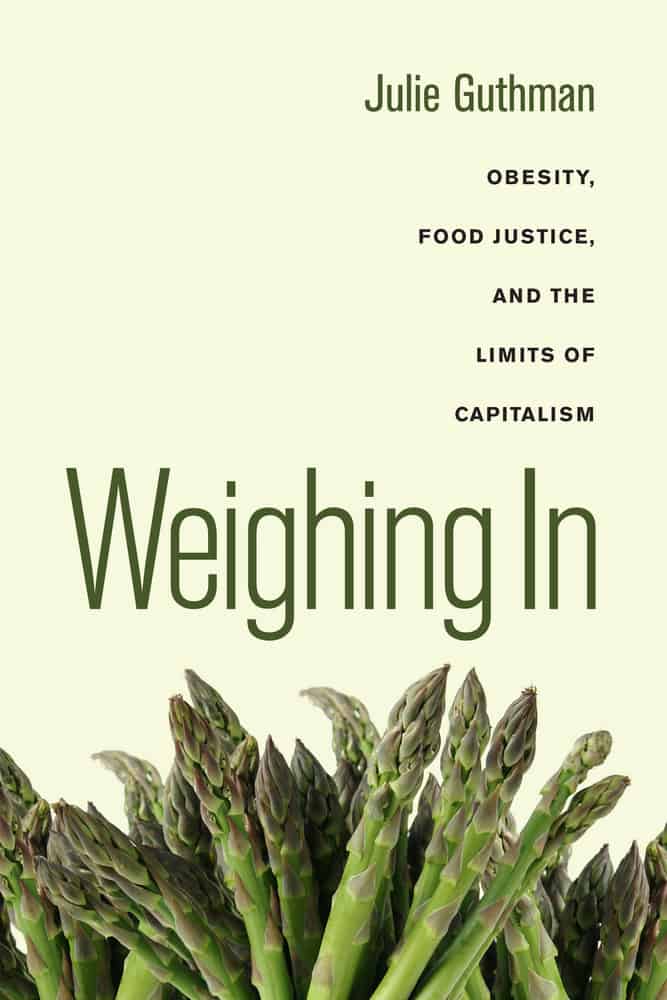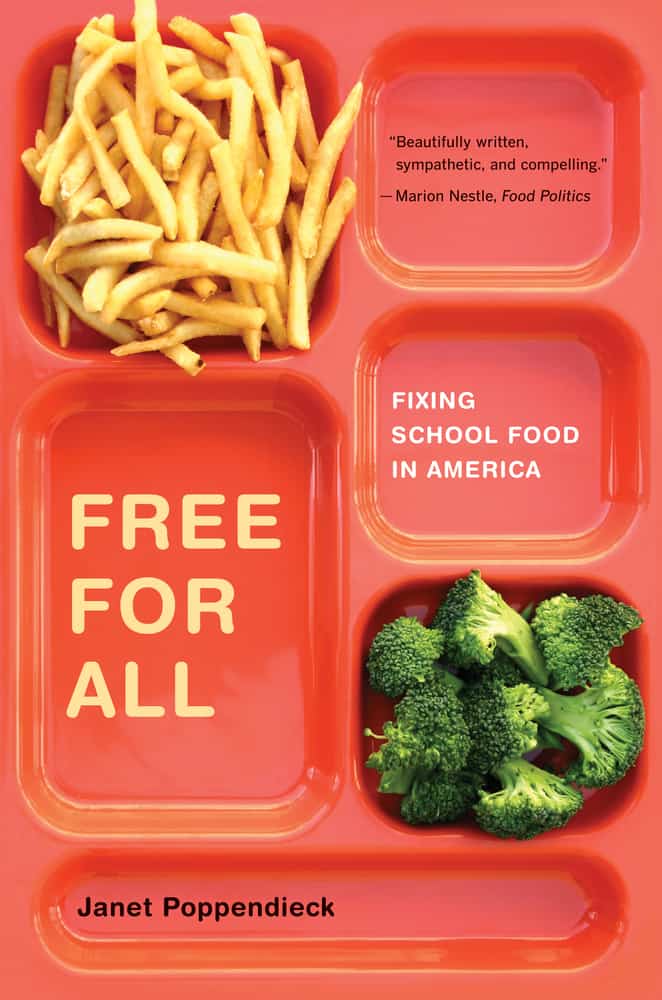 We’re excited to announce that Food and Power: A Culinary Ethnography of Israel by Nir Avieli is the co-winner of the 2018 Association for the Study of Food and Society Book Award! The ASFS Book Award recognizes an outstanding book about food published within the last two years. #foodstudies18
We’re excited to announce that Food and Power: A Culinary Ethnography of Israel by Nir Avieli is the co-winner of the 2018 Association for the Study of Food and Society Book Award! The ASFS Book Award recognizes an outstanding book about food published within the last two years. #foodstudies18
Additionally, we’re excited to share this prestigious award with our UP colleagues at Princeton University Press, whose book A Thirst for Empire: How Tea Shaped the Modern World by Erika Rappaport is also a winner this year.
Congrats to both Nir and Erika! Keep scrolling to learn more about past UC
Press titles that have been recognized for this award.
 2015: Inventing Baby Food: Taste, Health, and the Industrialization of the American Diet by Amy Bentley
2015: Inventing Baby Food: Taste, Health, and the Industrialization of the American Diet by Amy Bentley
Food consumption is a significant and complex social activity—and what a society chooses to feed its children reveals much about its tastes and ideas regarding health. In this groundbreaking historical work, Amy Bentley explores how the invention of commercial baby food shaped American notions of infancy and influenced the evolution of parental and pediatric care.
 2014: Labor and the Locavore: The Making of a Comprehensive Food Ethic by Margaret Gray
2014: Labor and the Locavore: The Making of a Comprehensive Food Ethic by Margaret Gray
Labor and the Locavore focuses on one of the most vibrant local food economies in the country, the Hudson Valley that supplies New York restaurants and farmers markets. Based on more than a decade’s in-depth interviews with workers, farmers, and others, Gray’s examination clearly shows how the currency of agrarian values serves to mask the labor concerns of an already hidden workforce.
 2013: Coffee Life in Japan by Merry White
2013: Coffee Life in Japan by Merry White
This fascinating book—part ethnography, part memoir—traces Japan’s vibrant café society over one hundred and thirty years. Merry White traces Japan’s coffee craze from the turn of the twentieth century, when Japan helped to launch the Brazilian coffee industry, to the present day, as uniquely Japanese ways with coffee surface in Europe and America. White’s book takes up themes as diverse as gender, privacy, perfectionism, and urbanism.

2012: Weighing In: Obesity, Food Justice, and the Limits of Capitalism by Julie Guthman
Weighing In takes on the “obesity epidemic,” challenging many widely held assumptions about its causes and consequences. Julie Guthman examines fatness and its relationship to health outcomes to ask if our efforts to prevent “obesity” are sensible, efficacious, or ethical. Arguing that ours is a political economy of bulimia—one that promotes consumption while also insisting upon thinness—Guthman offers a complex analysis of our entire economic system.
 2010: Free For All: Fixing School Food in America by Janet Poppendieck
2010: Free For All: Fixing School Food in America by Janet Poppendieck
How did our children end up eating nachos, pizza, and Tater Tots for lunch? Taking us on an eye-opening journey into the nation’s school kitchens, this superbly researched book is the first to provide a comprehensive assessment of school food in the United States. Janet Poppendieck explores the deep politics of food provision from multiple perspectives–history, policy, nutrition, environmental sustainability, taste, and more.

